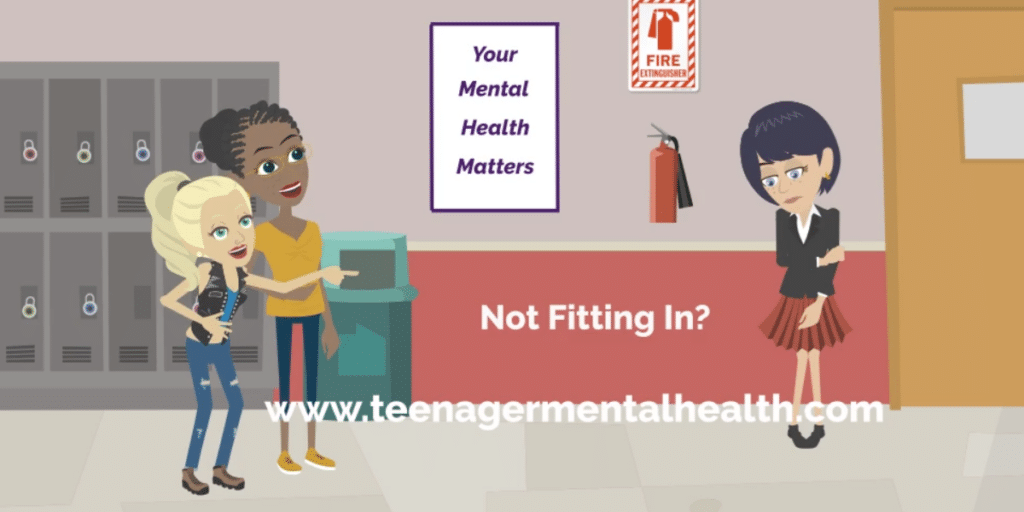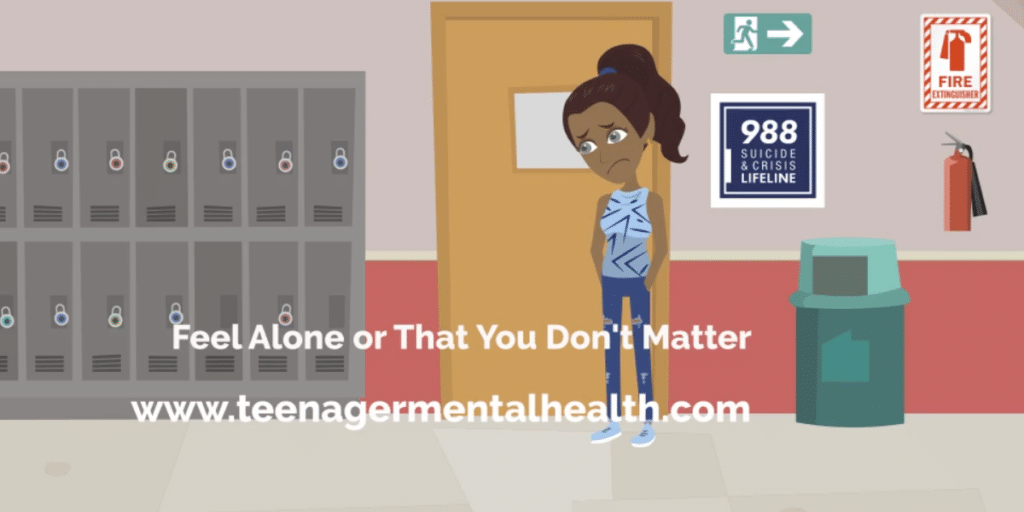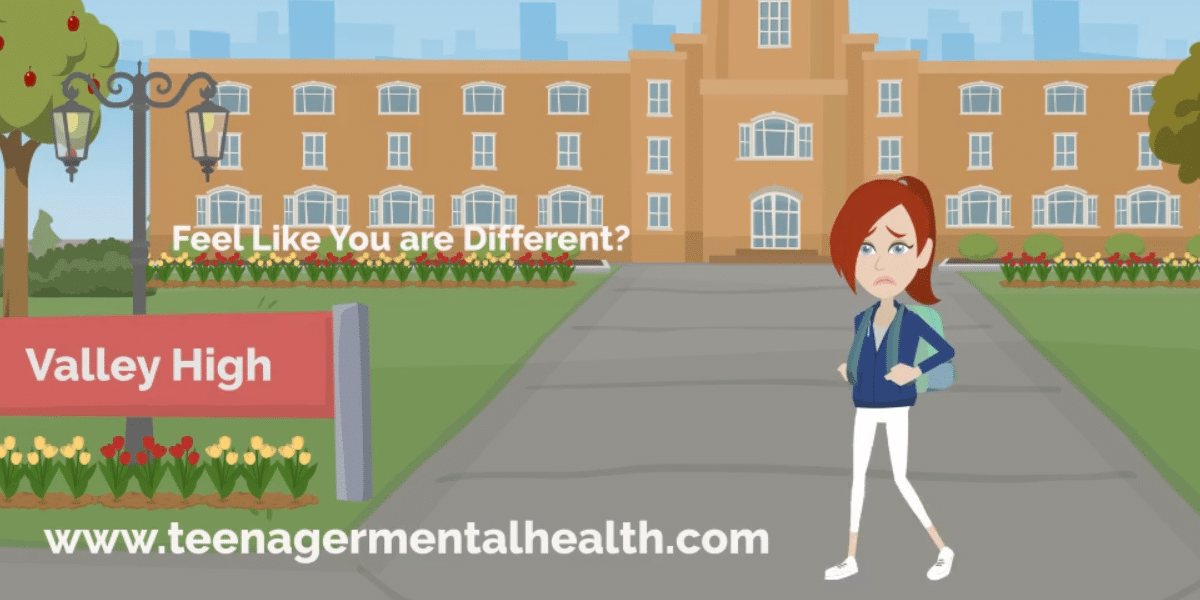Teen mental health is a critical issue that has gained increasing attention in recent years. With rising rates of anxiety, depression, and other mental health challenges among adolescents, it is essential to find effective ways to engage and educate this age group. TeenagerMentalHealth.com has emerged as a groundbreaking platform that leverages character animation and storytelling to address these challenges, fostering a deeper understanding of mental health among teenagers.
The Importance of Relatable Content
One of the key aspects of TeenagerMentalHealth.com is its commitment to creating relatable content that speaks directly to the experiences of teens. By using character animations, the platform presents complex mental health topics in an engaging and accessible manner. This approach allows teenagers to see themselves in the stories being told, making the content more impactful and memorable.
Joe Hopfer, the founder of TeenagerMentalHealth.com, emphasizes the significance of connecting with teens through relatable narratives. He states, “Our goal is to help teens navigate their mental health journeys by speaking their language through animation and relatable stories.” This focus on relatability not only helps to break down the stigma surrounding mental health but also encourages teens to seek help when they need it.

Evidence-Based Approaches to Mental Health
In addition to its engaging storytelling, TeenagerMentalHealth.com incorporates evidence-based therapies such as Cognitive Behavioral Therapy (CBT) and Dialectical Behavior Therapy (DBT). These approaches are known for their effectiveness in helping individuals develop coping mechanisms and build resilience. By integrating these therapeutic frameworks into its content, the platform empowers teens with practical tools to manage their emotions and navigate life’s challenges.
CBT focuses on the connection between thoughts, feelings, and behaviors, teaching individuals to identify and change negative thought patterns. DBT, on the other hand, emphasizes emotional regulation and interpersonal effectiveness. By providing insights into these therapies, TeenagerMentalHealth.com equips teens with the knowledge and skills to improve their mental health outcomes. Teens may find these techniques intriguing, sparking their curiosity to explore them further, rather than feeling uncertain due to unfamiliarity.
Fostering Emotional Connections
The power of storytelling lies in its ability to foster emotional connections. TeenagerMentalHealth.com uses personal stories and experiences to create an empathetic space for teens to explore their feelings. This narrative-driven approach allows users to relate to the characters and their journeys, making mental health discussions more approachable and less intimidating.
For example, a video might depict a character struggling with anxiety during a high-pressure situation, such as an exam or social gathering. By watching how the character copes with their feelings and ultimately finds support, viewers can gain insight into their struggles and feel less alone in their experiences.

Engaging Parents and Educators
While the primary audience for TeenagerMentalHealth.com is teenagers, the platform also recognizes the importance of engaging parents and educators in the conversation around mental health. By providing resources and information tailored to these groups, the platform promotes a holistic approach to mental health literacy.
Parents and educators play a crucial role in supporting adolescents as they navigate their mental health journeys. By equipping these adults with knowledge about mental health challenges and effective communication strategies, TeenagerMentalHealth.com helps create a supportive environment for teens.
Benefits for Mental Health Professionals in Universities and Hospitals to Partner with Us.
Our platform and animation tools are designed to support research and implementation in new environments, potentially helping to foster innovation. By focusing on improving mental health literacy and engagement among adolescents and promoting healthier coping strategies, this partnership aims to offer positive outcomes for all involved. Increased community attention and measurable outcomes—such as improved mental health literacy and adolescent engagement—can lead to positive returns on investment and attract funding from foundations, government grants, and other supporters of youth mental health initiatives.

Summary: A New Era in Mental Health Literacy
TeenagerMentalHealth.com represents a vital shift in how mental health education is approached for adolescents. By utilizing animation and storytelling, the platform effectively engages teens and provides them with valuable resources to navigate their mental health journeys. Through its evidence-based content, emotional storytelling, and commitment to building a supportive community, TeenagerMentalHealth.com is paving the way for a new era of mental health literacy among young people.
In a world where mental health issues are increasingly prevalent, platforms like TeenagerMentalHealth.com play a crucial role in breaking down barriers and fostering understanding. By speaking directly to teens in a language they can relate to, the platform is helping to empower the next generation to prioritize their mental well-being.
Contact TeenagerMentalHealth.com
Website: www.teenagermentalhealth.com
YouTube: Teenager Mental Health YouTube Channel
Instagram: @hopferjoe
Disclaimer: This content is for informational purposes only and is not intended as medical advice, nor does it replace professional medical expertise or treatment. If you have any concerns or questions about your health, always consult with a physician or other healthcare professional.
Published by: Martin De Juan

















